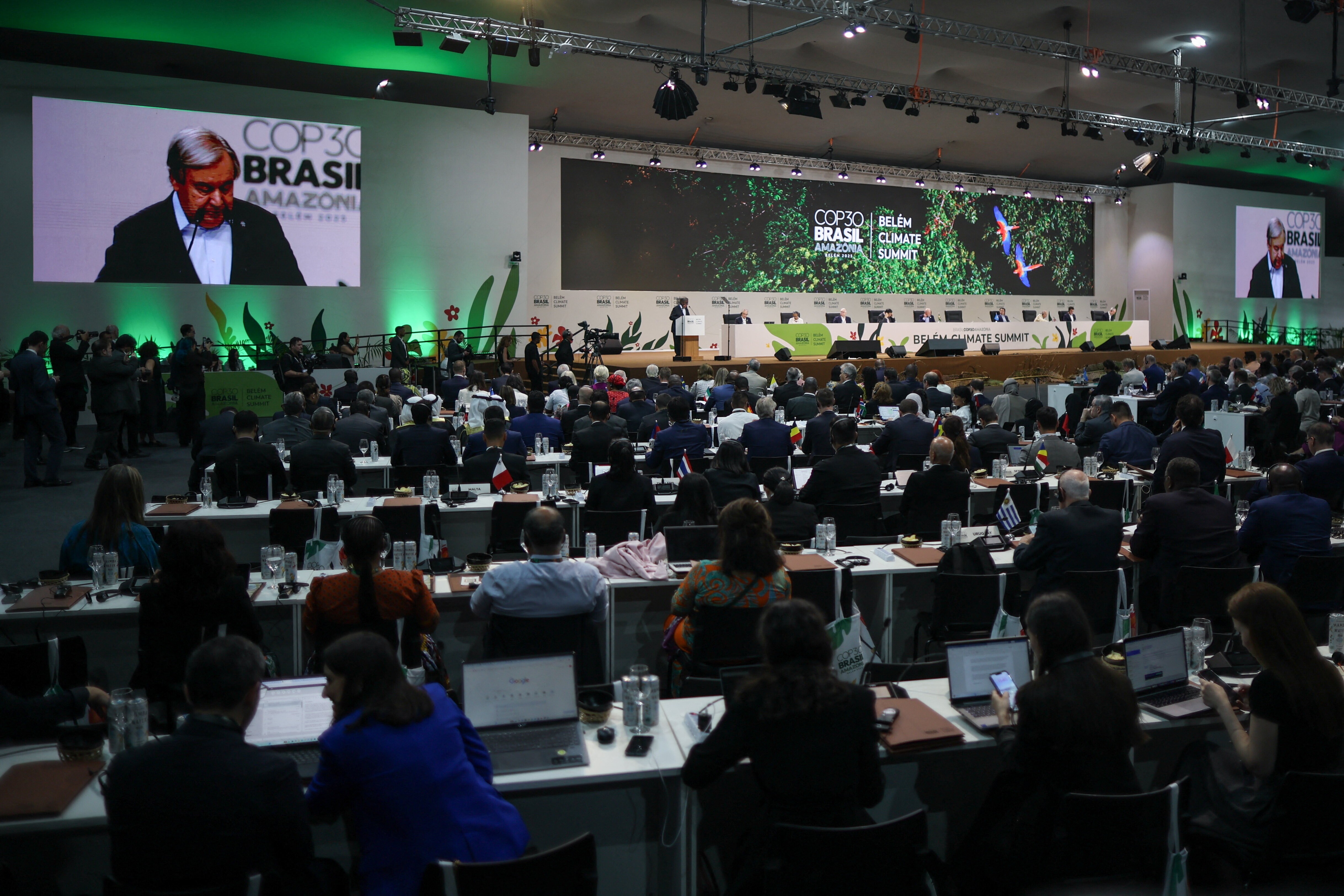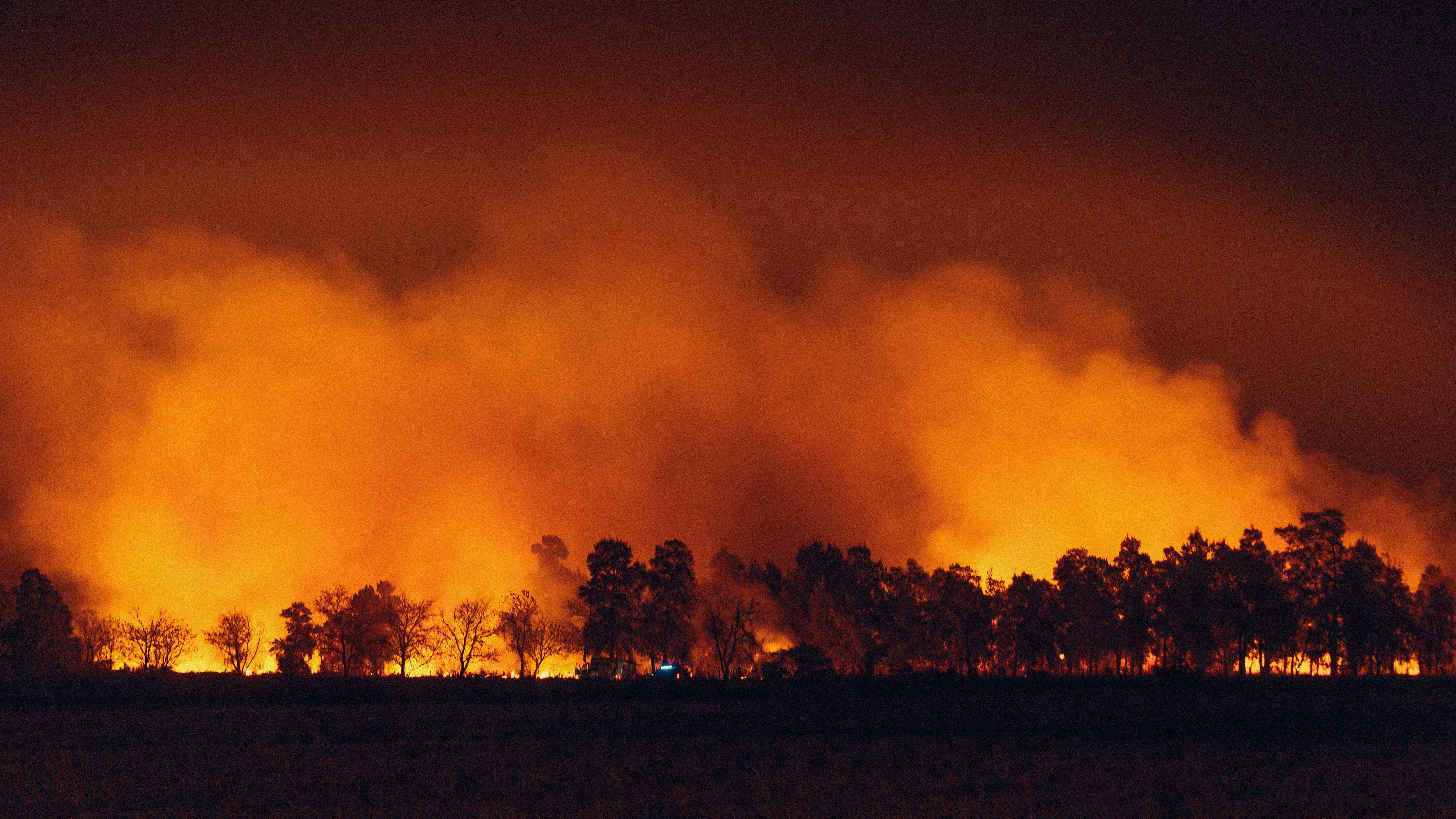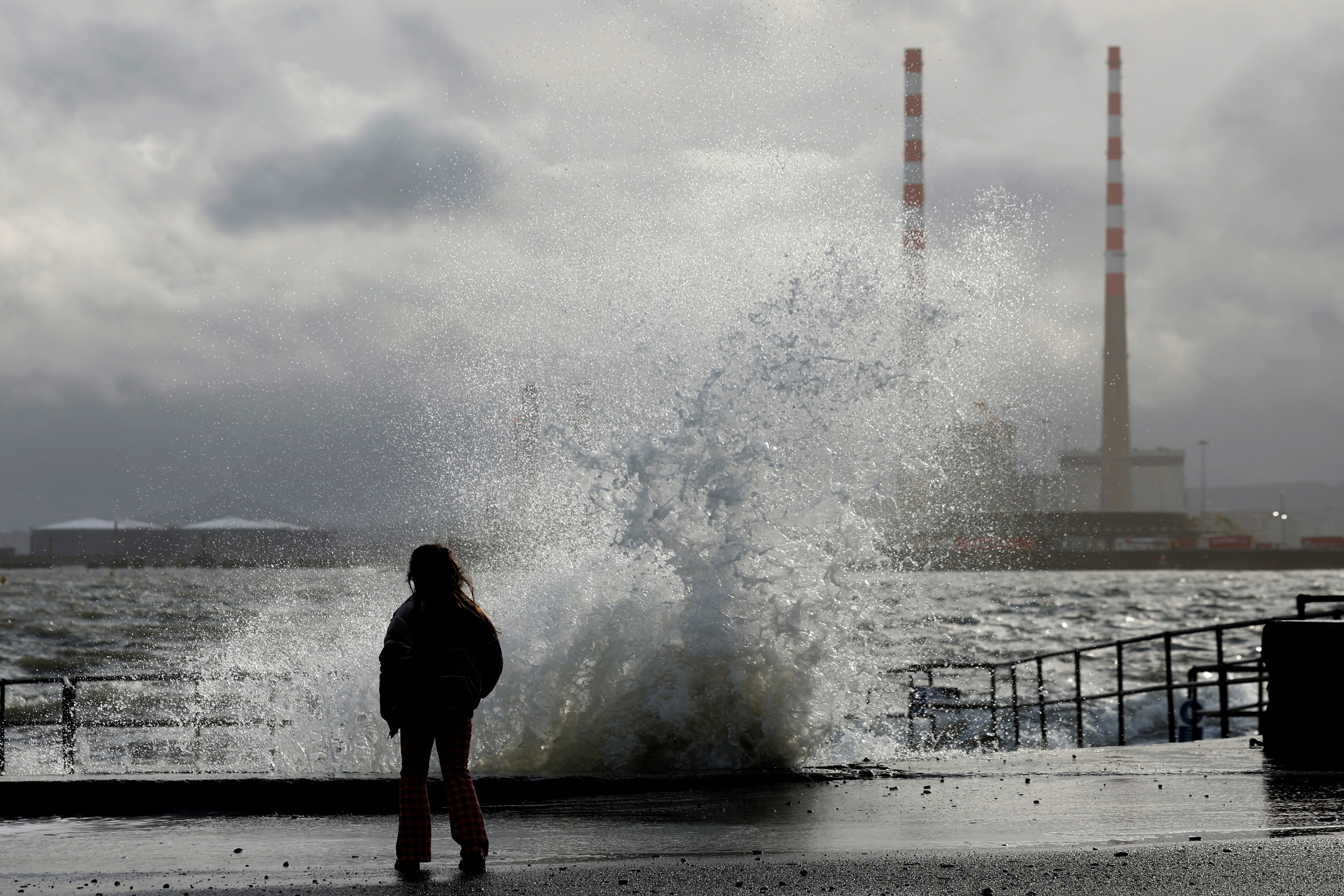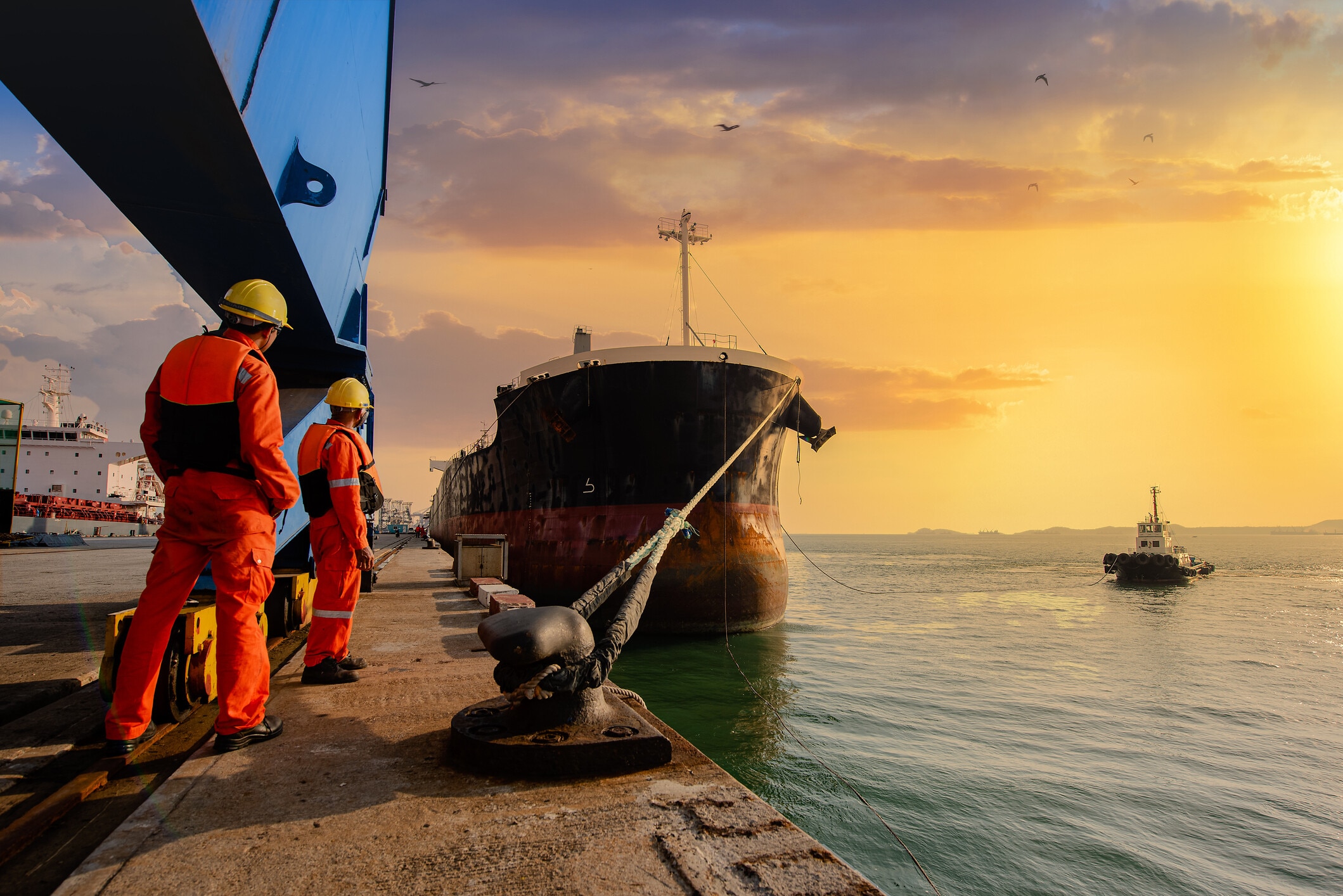The world's warming oceans will threaten livelihoods

Scientists have discovered climate change will effect the productivity of fisheries around the world by 2050. Image: REUTERS/Jorge Silva
From a rise in aquatic diseases to a "massive" invasion of stinking seaweed that stops fishing boats going out to sea, the warming of the world's oceans is affecting the livelihoods of millions - and experts say it is going to get worse.
Changes in water temperature, acidity and circulation patterns combined with rising sea levels will increasingly impact communities that live off the ocean, according to new analysis from the U.N. Food and Agriculture Organization (FAO).
In Zanzibar, plant diseases are already destroying seaweed, a key export and a crucial source of income for women in the Indian Ocean archipelago.
Meanwhile fishermen in the Caribbean have seen their catch plummet and costs rise due to a record invasion of sargassum, a brown, stinking seaweed, linked to ocean warming.
"The sargassum is a new phenomenon, unprecedented and massive in its scale," said Milton Haughton, executive director of the Caribbean Regional Fisheries Mechanism intergovernmental agency, on the sidelines of a week-long FAO forum in Rome.
"It prevents boats from going out. When it stays on the coastal harbour areas, it rots, decays, depletes the oxygen in the water and releases toxic substances and the fish dies," he told the Thomson Reuters Foundation.
The research by the FAO and 100 collaborating scientists shows climate change will reduce the productivity of fisheries in the world's exclusive economic zones (EEZs) by up to 12 percent by 2050.
An EEZ is a 200-mile area around a country's territorial waters which it has special rights to exploit.
The analysis shows the fall in productivity in EEZs could range from less than 3 percent to 12 percent, with significant regional fluctuations.
The biggest decreases are expected in tropical countries, mostly in the South Pacific, and some regions could even see an increase in potential catch.
In Fiji, a South Pacific island nation whose EEZ is 70 times larger than its land mass and whose citizens consume more than 35 kg (77 pounds) of fish per person a year, the impact is prompting a rethink of food production and consumption.
"The obvious worry is food for our people. So what we're trying to do right now is to move to aquaculture," said Netani Tavaga, an official from Fiji's Ministry of Fisheries.
"We also have to change the eating habits of the Pacific islanders, like Sunday is fish day. Maybe we need to start thinking about transitioning to other food sources," he said, adding Fiji is now producing prawns, tilapia and other species.
Yet aquaculture is also vulnerable to climate change - the analysis said extreme weather events such as floods and storms could lead to losses in production and infrastructure, while reduced rainfall will increase competition for fresh water.
The analysis said a fall in catches was not inevitable, but actions such as curbing pollution and destructive fishing would be crucial.
CFRM's Haughton hopes cooperation, science and technology will help fishing communities adapt to changes in the Caribbean waters, including dealing with the seaweed menace.
"At the same time, we're having large quantities of other fish we're not used to," he said. "So everything is changing, and that in itself is a problem because you don't know what's happening and you can't plan."
Don't miss any update on this topic
Create a free account and access your personalized content collection with our latest publications and analyses.
License and Republishing
World Economic Forum articles may be republished in accordance with the Creative Commons Attribution-NonCommercial-NoDerivatives 4.0 International Public License, and in accordance with our Terms of Use.
The views expressed in this article are those of the author alone and not the World Economic Forum.
Stay up to date:
Future of the Environment
Forum Stories newsletter
Bringing you weekly curated insights and analysis on the global issues that matter.
More on Nature and BiodiversitySee all
Sadaf Hosseini
February 12, 2026






